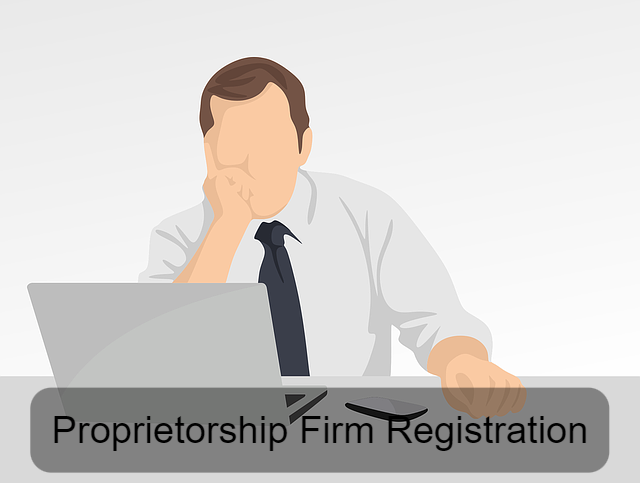
Proprietorship Firm Registration
A sole proprietorship is a type of business which is owned, managed, controlled and run by one person and in which there is no legal distinction between the owner and the business entity.
Proprietorship is a type of unregistered entity. The micro and small businesses that are operating in the unorganized sector chose registering as a proprietorship. It is easy to start a sole proprietorship as it has very little regulatory compliance for conducting businesses. Proprietorship registration is ideal for the entrepreneurs who are getting into the business for small businesses with very limited clients. The liability of the sole proprietorships is limited and they do not have perpetual existence.
